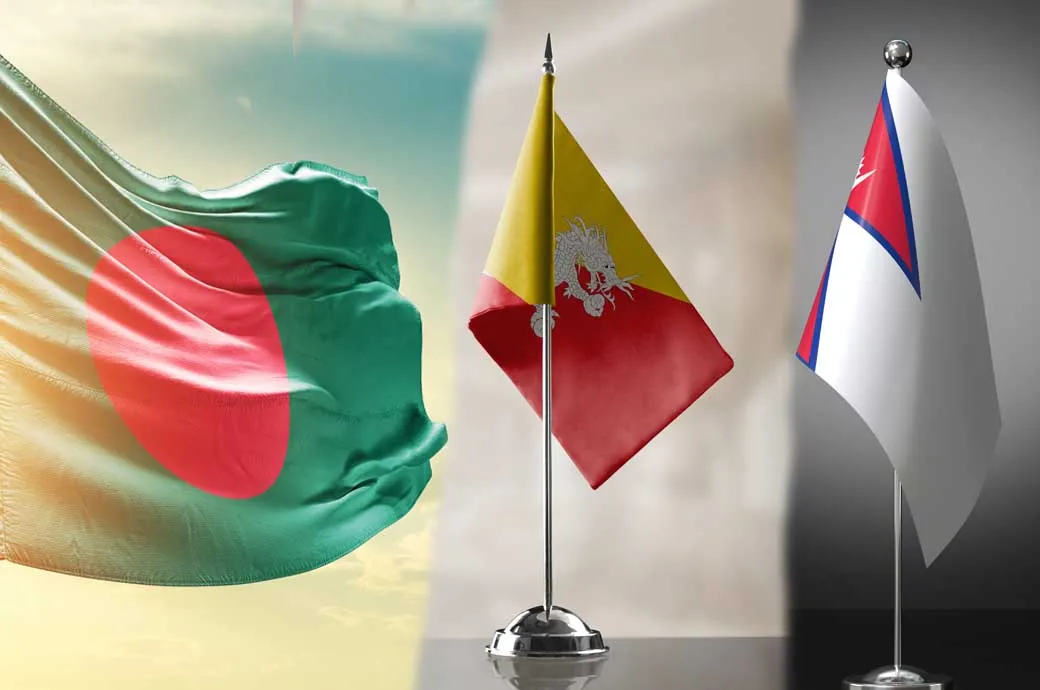Nepal and Bhutan are engaging in separate negotiations with Bangladesh over preferential trade agreement (PTA). The dialogue is to settle an agreement on duty-free trade for the two countries.
Government of Bangladesh and Bhutan
The governments of Bhutan and Nepal are checking the legalities of the draft preferential trade agreement, which is agreed upon by both parties.
The Negotiators of both Bangladesh and Nepal are aware of the potential created under the mutually beneficial networking between Bangladesh, Bhutan, India, and Nepal (BBIN). Thus, the negotiators are tracking scope for the trade to expand under the agreement namely PTA.
‘Negotiations for a PTA are ongoing,’ Bangladesh ambassador to Nepal Mashfee Binte Shams said,
He further added that Nepal has been asking for duty-free access to Bangladesh.
Transit movement
Bangladeshi and Nepalis business people now deploy vehicles s for carrying goods across Indian territories.
The vehicles include mostly Nepali and Indian owned trucks and covered vans.
Volume of Exports
Similarly, Bangladesh exports to Nepal were around $45 billion in the 2018-2019 fiscal year. The volume was $10million in 2013-2014.
Motorcycle, prefabricated building materials, furniture, and ceramic et are the main Bangladesh exports to Nepal.
Nepal has exported mainly fruits and vegetables to Bangladesh with a volume of $11 million in the previous financial year.
Bangladesh Exports to Bhutan
Moreover, Bangladesh ambassador to Bhutan AKM Shahidul Karim said that the negotiations have been formally concluded on signing a PTA.
‘It is going through a legal vetting process now on both sides. ‘he added.
A US $33 million trade was recorded in Bangladesh’s engagement with Bhutan in Exports for the year 2018-2019. While Bhutan made an export of US $3million dollar to Bangladesh in export.
Bhutan seeks more ports for easing trade, says Shahidul Karim. Having a trade network of regional roads, trains, and river networks are also under consideration in the context of trade expansion.
Memorandum of understanding
Additionally, in January 2020, Bangladesh, Nepal, and India agreed to a draft of the memorandum of understanding. The MOU Implies the enabling of BBIN motor vehicles agreement (MVA) 2015 by the four countries.
Furthermore, all three countries have approved of the agreement excluding Bhutan for now. Bhutan requests the vehicles to be caped before entering its territory.






